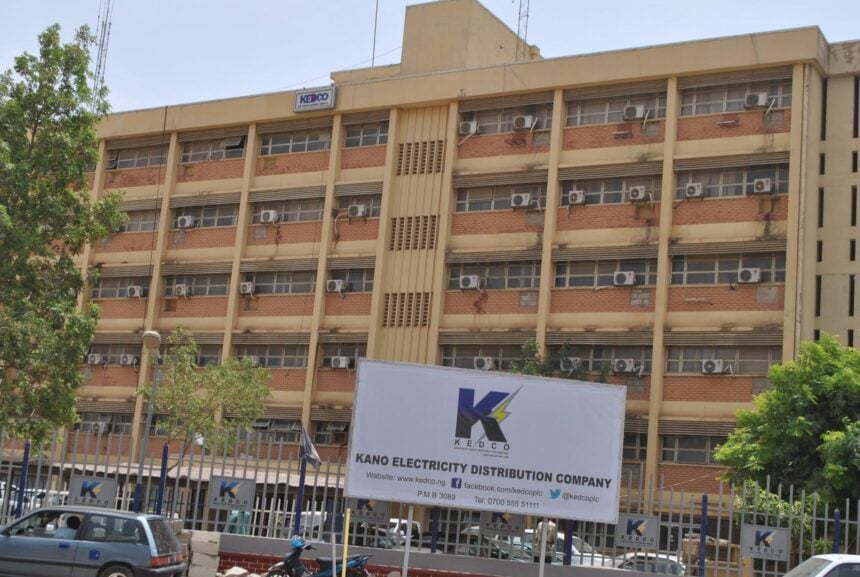In a bid to revitalize the agricultural sector, the Nigerian Senate has made a resounding plea for the allocation of a minimum of 10% of the total annual budget revenue to agricultural production. This call to action was pronounced by the Chairman of the Senate Committee on Agriculture Production, Services and Rural Development, Salihu Mustapha (APC-Kwara), during the joint budget defense session of the Ministry of Agriculture and Food Security in Abuja.
While addressing the challenges facing the agricultural sector, Mr. Mustapha emphasized the pivotal role of the sector as the largest contributor to the nation’s Gross Domestic Product (GDP) from the non-oil sector, accounting for over 20%. Despite this, he expressed dismay at the glaring disparity between the current budget allocation to the sector and the commitment made by Nigeria in the Maputo declaration, which advocates for 10% of the nation’s budget to be allocated to agriculture.
“The agricultural sector has the largest potential to lead millions of Nigerians out of poverty and provide the much-needed food security. It is, therefore, imperative that the sector should be given the utmost priority in national economic policies and future budgets,” remarked Mr. Mustapha. He urged the executive to demonstrate the political will to allocate a minimum of 10% of the national budgets and revenues to the agriculture sector.
In a demonstration of readiness and commitment, Mr. Mustapha lauded the efforts of President Bola Tinubu and the executive for their desire to revert to the Jan. to Dec. budget cycle. This commendable effort is poised to provide reliability and predictability for both the public and private sectors in planning and executing their fiscal and financial policies and programs.
The Minister of Agriculture and Food Security, Abubakar Kyari, highlighted the ministry’s achievements in 2023, including the distribution of certified maize seeds and tomato production, pests, and diseases management packs to smallholder farmers. However, Mr. Kyari expressed concern over the inadequate budgetary provisions that hinder the execution of critical projects and programs aimed at stimulating national agricultural production. The effects of climate change and unprecedented flooding in agrarian communities were also cited as significant challenges hampering agricultural activities.
The committee’s willingness and commitment to treating the budget process with the urgency and responsibility it deserves were underscored by Mr. Mustapha, reflecting a collective effort to propel the agricultural sector towards sustainable growth and development.
The initiatives and advocacy put forth by the Nigerian Senate signify a pivotal step in bolstering the agricultural sector, steering Nigeria towards enhanced food security, poverty alleviation, and economic prosperity. It’s imperative for all stakeholders to rally behind this cause, recognizing the transformative impact that a fortified agricultural sector holds for the nation’s welfare and future.



